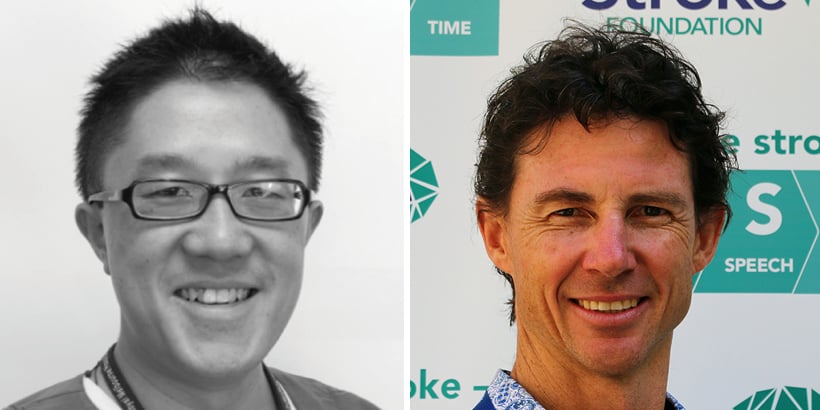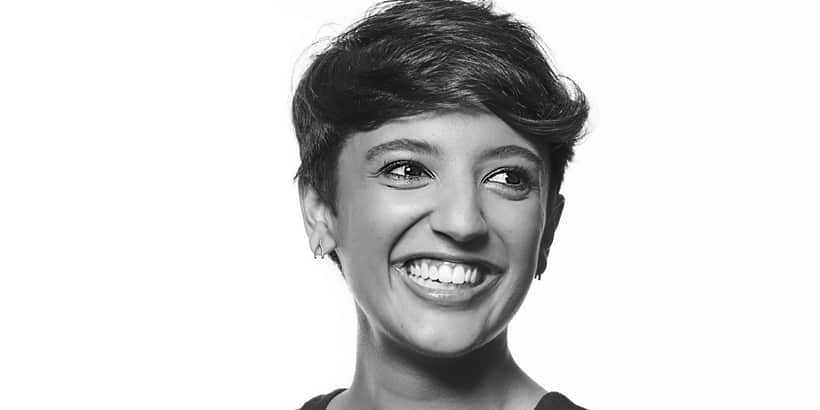
Lifting our game; providing equitable hospital stroke services for all Australians
July 21, 2022
Classifieds
July 21, 2022DIT DIARY
Orchestrating change at all levels
Three easy and powerful ways to create change from any position in the hierarchy and bring others along the journey with you.
I often hear people speak wistfully about all the ways they’ll change the system once they’re a consultant, once they’re the boss, once they’re at the top. And in an institution like medicine, top-down change is absolutely crucial. But I think we lose valuable moments to effect change if we think only in terms of what we can achieve at the top of the ladder, rather than the improvements we can make on the way up.
In every conversation, every opportunity, there is scope to effect positive change. I remember an AMA National Conference a few years ago where I ran into a senior clinician I had met at the same conference a year before, and she told me our discussions about race and medicine have informed her thoughts and actions ever since. That being said, having those conversations and calling people in when there’s a power dynamic can be daunting, and isn’t always an option.
It’s not easy to try and change an institution when you’re at the bottom of the pecking order, but here are a few simple and accessible ways to make a difference, and be the change you want to see:
1. Share relevant opportunities
Opportunity begets opportunity and creates a snowball effect. That initial opportunity often comes from a place of privilege, so I think it’s important to pay it forward. I’ve found that there are so many clever, hardworking people around who either don’t know about opportunities, or don’t think they’re suitable to apply.
So, when I come across an opportunity, a scholarship, an essay competition – I stop and think, who do I know who would be suitable for this? Whether I know them well, or only vaguely through a friend, I take it upon myself to send them the details, let them know why I think they’d be perfect to apply, and offer to assist with the process or – where relevant – act as a referee.
Sometimes I’ll be asked to speak on a panel for a topic with which I have no expertise – rather than saying no, think about recommending someone you know would be great, especially if they have lived experience in the area.
2. Use your position to platform others
When arranging an event, or a panel, think about your speakers and topics carefully. You are the curator – take this moment to share different stories, elevate voices that have often been ignored, and ensure that people have their horizons widened.
In platforming stories and messages that are oft dismissed, you inevitably end up with a more interesting and popular event because people are increasingly tired of hearing the same old stories – it’s a win/win.
3. You don’t have to do it alone
Individual actions are powerful and necessary, but collective action is important, too. Find your people and become a community collectively creating the change you want to see. For me, that’s groups like the AMA, Medical Women’s Society of NSW, Psychiatrists for Racial Equity in Mental Health Australia, Australian Indigenous Doctors’ Association, and Doctors for the Environment.
Contributed by Dr Ashna Basu, psychiatry registrar at Tweed Hospital and President of the Medical Women’s Society of NSW

